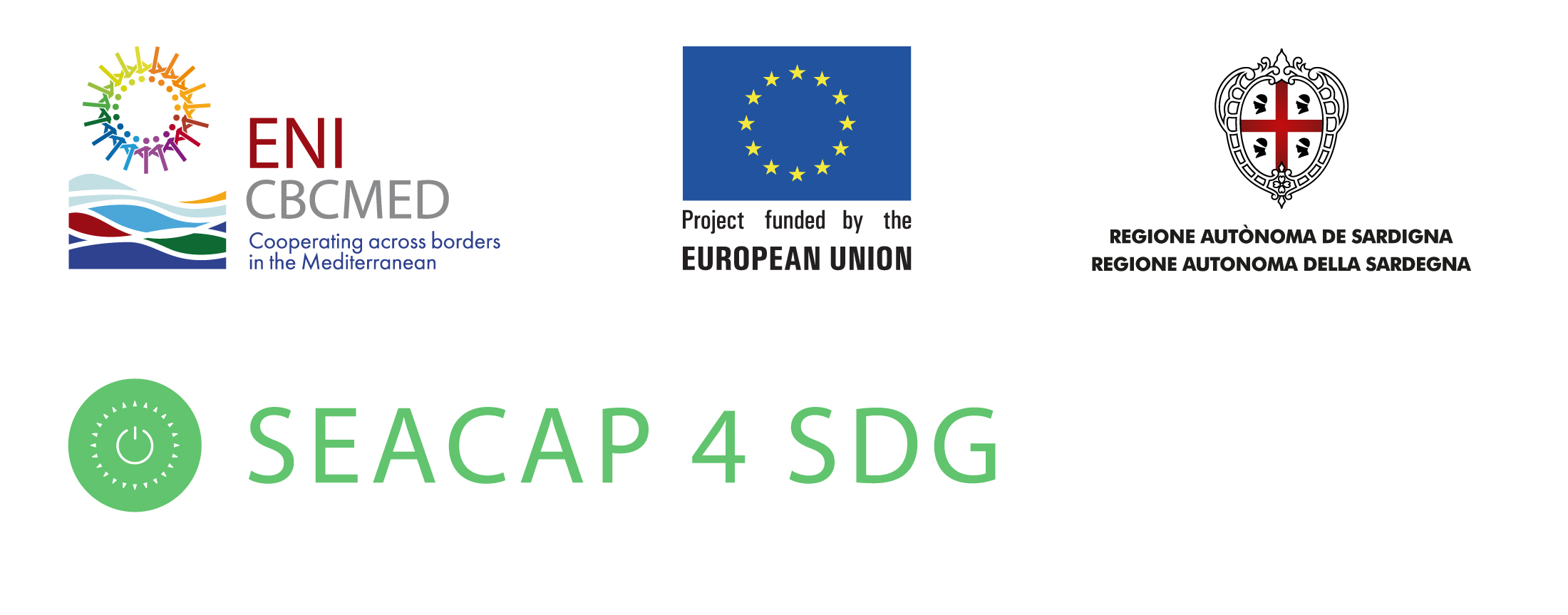
MED SE(A)CAP 4 SDG
MED SE(A)CAP 4 SDG (Sustaibale Development Goals) is a project funded by the European Union, under the ENI CBC MED programme.
The programme is managed by the Autonomous Region of Sardinia (Italy) and aims to promote cross-border cooperation in the Mediterranean region.
Project in numbers
- Start date: December 2021
- Duration: 18 months
- Total project Budget: 1.056.411 €
- EU Contribution: 950.770 € (90 %)
Goals
Contributing to fighting climate change by reducing energy consumption in public buildings, promoting development of SE(A)CAP through an innovative financial mechanism and a capitalization process:
- Developing and testing a toolkit based on the analysis of the outputs and outcomes from the selected reference projects (SRP), through the SE(A)CAP Living Lab and the Project demonstrators to support the user-oriented cost-effective energy rehabilitations
- Providing and using an innovative financial mechanism based on the EUCF (European City Facility) to implement SE(A)CAP and the toolkit in 9 demonstrators in selected cities, and 4 public buildings across climate zones (Egypt, Jordan, Lebanon, Tunisia) supporting 4 cost-effective energy rehabilitations across building types
- Identifying cost-effective approaches to energy refurbishment and use of public buildings, promoting the development of their ecological use (traditional use/social role), making short-term/long-term impacts on existing policy frameworks according to sustainable development goals (SDG) agreements
Territories surrounding the “Mediterranean lake” face similar specific issues with the adaptation to mitigation of climate change, specifically regarding the EE and RE measures on public buildings. It is thus proposed that they work together on a strategy to capitalize on the Programme’s reference projects’ results. Considering the main thematic of the reference projects, the Project will consider the Sustainable Energy Access and Climate Action Plans (SE(A)CAP) background, under a common vision, strategy and evaluation tool, to achieve Med SE(A)CAP integration through uniform adapted assessment and financing methods, for sustainable development goals in a smart society (SEACAP 4 SDG). The SEACAP 4 SDG project will thus capitalize on 10 selected reference projects (SRP) out of the 11 reference projects, by considering their outputs and outcomes, identifying characteristics to be generalized, and by adapting gained knowledge to maximize efficiency and effectiveness of energy refurbishment strategies adapted to local Med specificities, notably energy poverty. These outputs and outcomes will be implemented in 9 cities around the Mediterranean, selected using a variant of the European City Facility initiative. This financial mechanism will support them in adapting and implementing the tools and methodologies for further replication and capitalization. The Project will also introduce a Living Lab (LL) and trainings, capitalizing on LLs developed in the SRP with socio-economic innovations. 9 demonstrators will then be set up in the selected cities and receive customized EE and RE assessments to integrate the tools and methodologies into their day-to-day. Among them 4 specific buildings in the southern cities will host more advanced demonstrators, with an updated customized roadmap, setting out priorities and measures to be implemented.Considering the Covid-19 pandemic and the global economic downturn, the Project will focus primarily on education and health buildings.
Partners




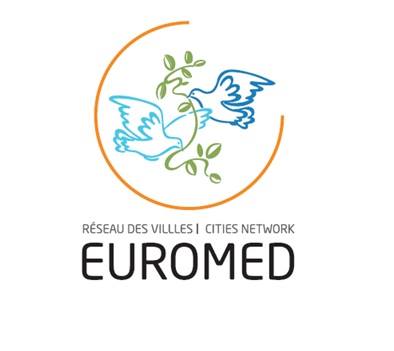
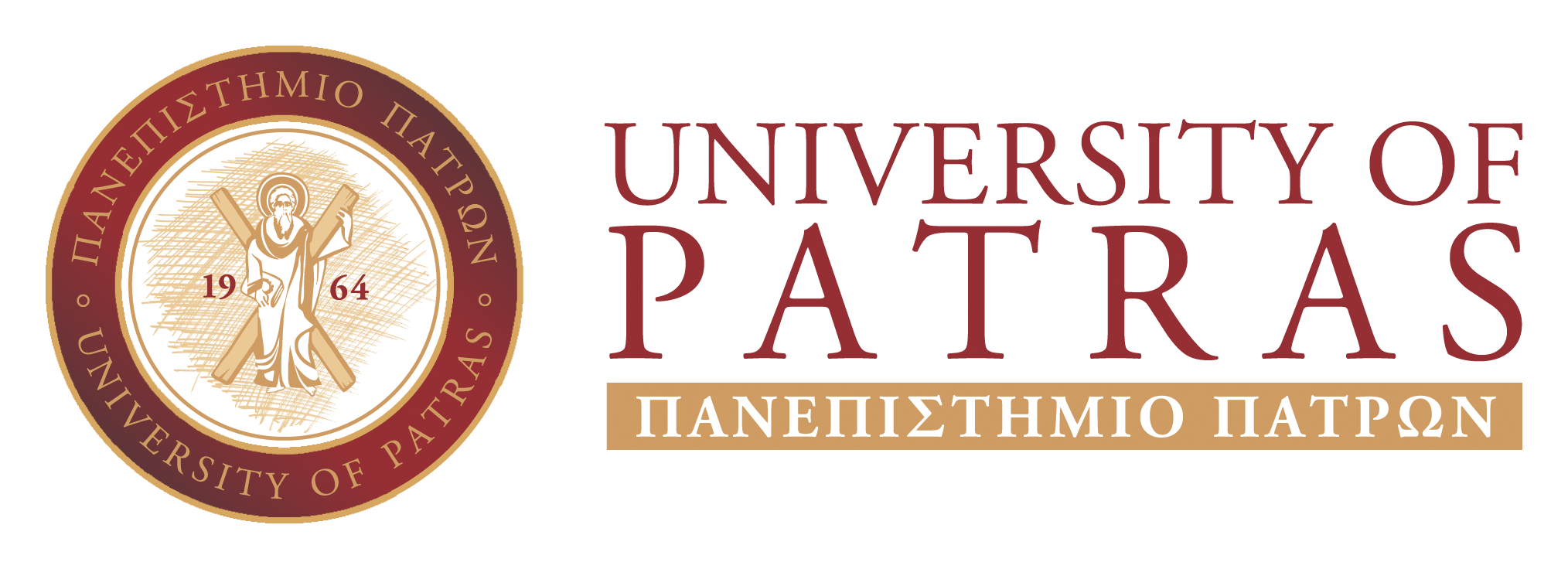
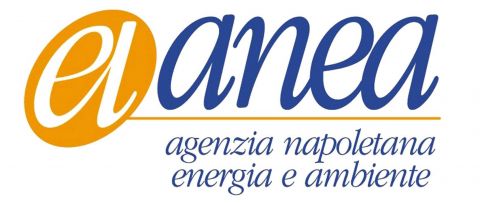
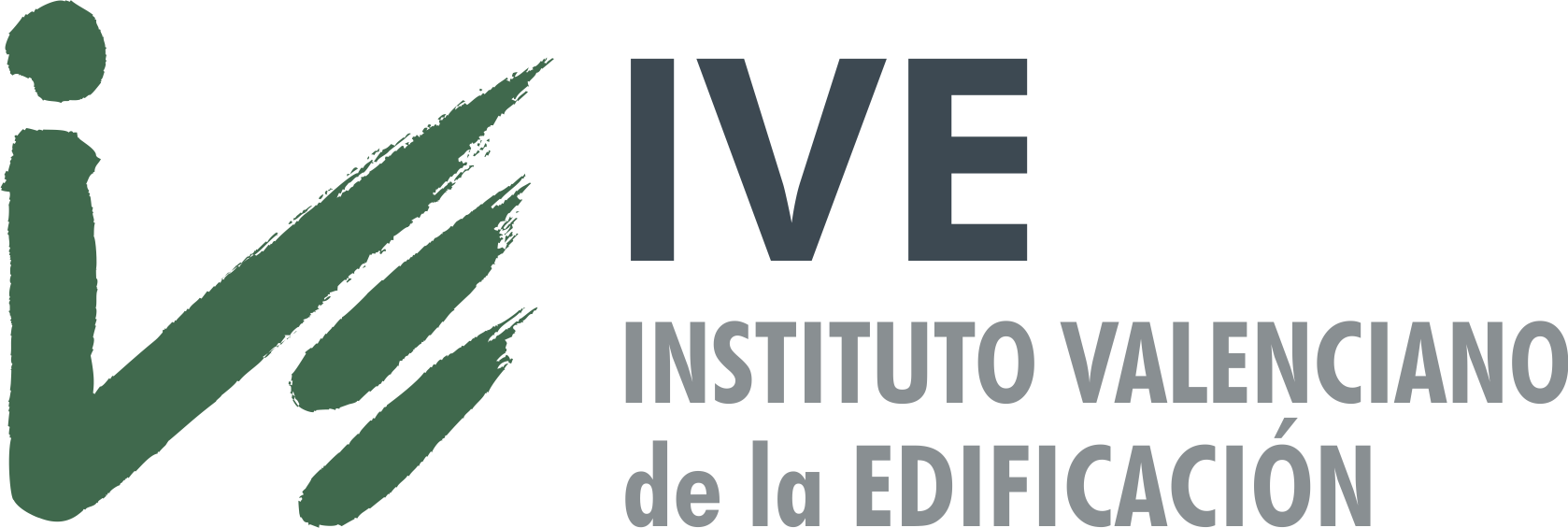
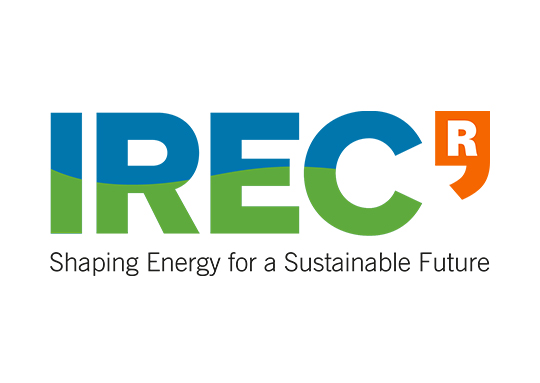
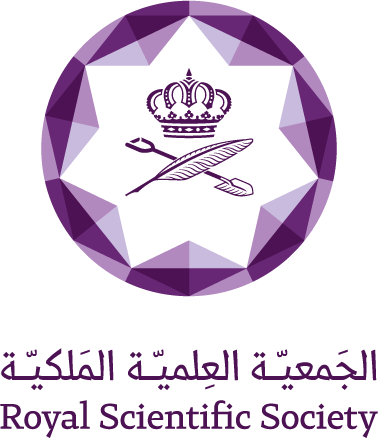
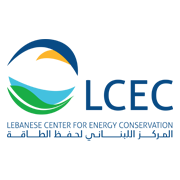
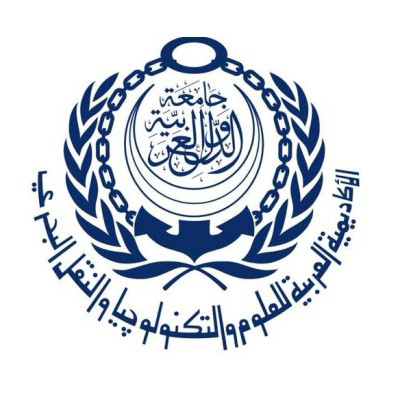
 03, rue Moslem Ibn Alwalid, Notre dame, Mutuelleville, Tunis 1082
03, rue Moslem Ibn Alwalid, Notre dame, Mutuelleville, Tunis 1082

